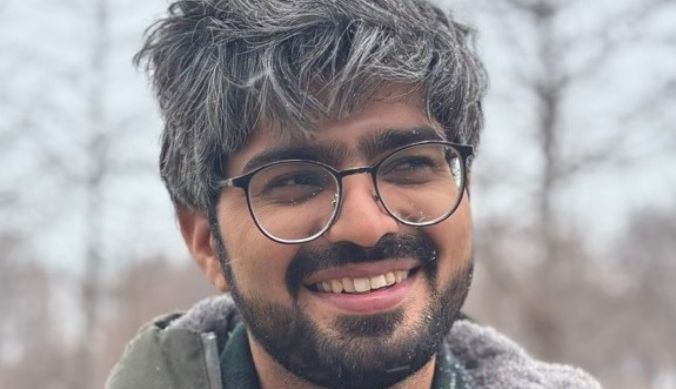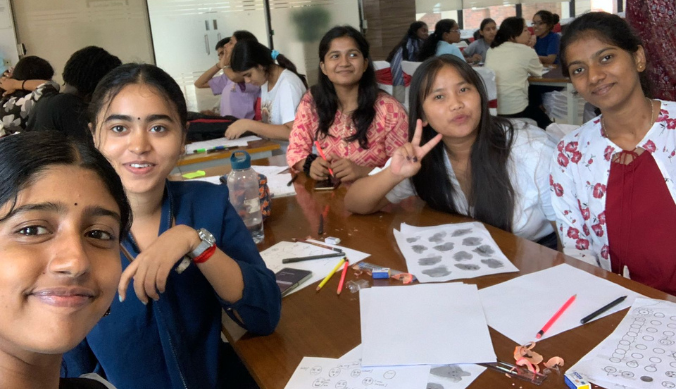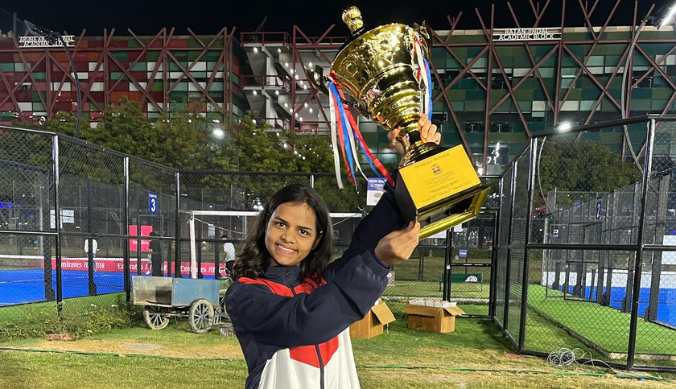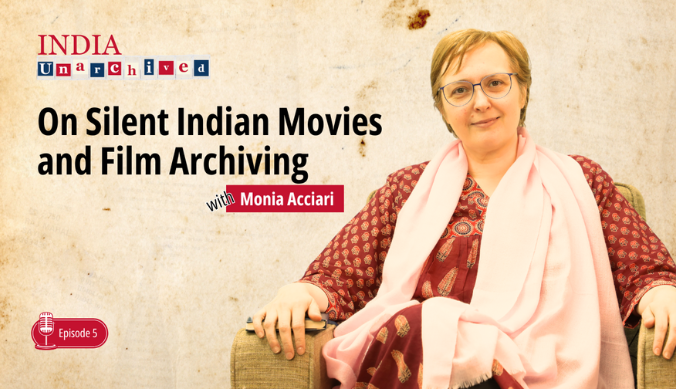Ashoka’s Research Vision Prioritises Interdisciplinary Collaboration and Innovation: Professor Imroze Khan, Assistant Dean, Research
This interview features insights from Professor Imroze Khan, Assistant Dean of Research and Associate Professor of Biology, on Ashoka University’s research priorities for 2025.
As Ashoka University continues to strengthen its research initiatives, there is a growing emphasis on fostering interdisciplinary collaboration that integrates diverse fields of study. In an exclusive conversation with us, Professor Imroze Khan, Assistant Dean of Research and Associate Professor of Biology at Ashoka University, discusses the University’s research priorities for 2025, the initiatives to enhance student involvement in research, and the steps being taken to support faculty in securing competitive grants. He also highlights the university’s commitment to expanding research in emerging fields and ensuring the broader dissemination of research findings beyond academia.
As Assistant Dean of Research, what are the top three priorities you have identified for enhancing research at Ashoka in 2025?
Professor Imroze: To strengthen research at Ashoka, we are focusing on three key areas. First, we are committed to building a robust research infrastructure to support groundbreaking work across disciplines. Second, we aim to introduce more intramural competitive seed grants to encourage faculty and students to test and explore newer ideas. Finally, we are also focussing on introducing more fellowships for Ph.D. and postdoctoral researchers.
Additionally, we plan to initiate research in multiple emerging interdisciplinary fields of research such as combining physics and biology, computer science and biology, the history of science and medicine, transdisciplinary areas like archaeology, history and molecular biology, and then also touching upon frontier areas in climate change and society. Our goal is to foster collaborations that push the boundaries of traditional research domains.
What steps are we taking to integrate more students into active research, especially at the undergraduate level, and how do you plan to make research accessible and exciting for them?
Professor Imroze: Ashoka actively encourages students to participate in research projects with faculty members early in their academic journey. Moving forward, we aim to structure these opportunities more effectively by introducing dedicated programs, including summer research programmes. These programs will provide students with hands-on experience and mentorship, making research more accessible and exciting for them.
What plans are in place to support faculty members in building their research portfolios or applying for competitive plans in this year, 2025?
Professor Imroze: Ashoka is one of the few universities with a very strong Research and Development Office (RDO) that provides comprehensive support to faculty members. Ashoka is one of those rare places where Faculties are mentored, helped and facilitated, from the beginning to grant writing, securing funding, grant management and also communicating with different funding agencies. In 2025, we plan to expand this support by introducing competitive intramural grants funded by Ashoka itself. These grants will allow faculty members to test ambitious, new ideas- those that might not receive immediate funding from normal funding agencies due to a lack of preliminary data. This initiative will help generate crucial initial findings, increasing the chances of securing larger grants in the future. So it’s strong RDO support, starting from identifying the funding sources, tracking them down, applying to a funding agency, managing the grant, and then, very strong internal support.
Some of these integral grants are also inherently transdisciplinary in nature. We will continue to promote research areas, encouraging collaborations across unconventional fields such as history and biology or economics and molecular sciences.
Lastly, how do we plan to improve the dissemination of Ashoka’s research findings to a wider audience, both within and outside academia?
Professor Imroze: The RDO strongly emphasises the importance of science communication, ensuring that research conducted at Ashoka reaches a broader audience in a clear and simpler language. Our Academic Communication vertical within the RDO works closely with faculty members to help them simplify their research into articles suitable for mainstream media. Furthermore, we encourage departments to train students in academic writing and science communication, fostering skills that will benefit them professionally. By promoting science journalism and advocacy, we aim to make research more relatable and impactful, bridging the gap between academia and the public.
Study at Ashoka













